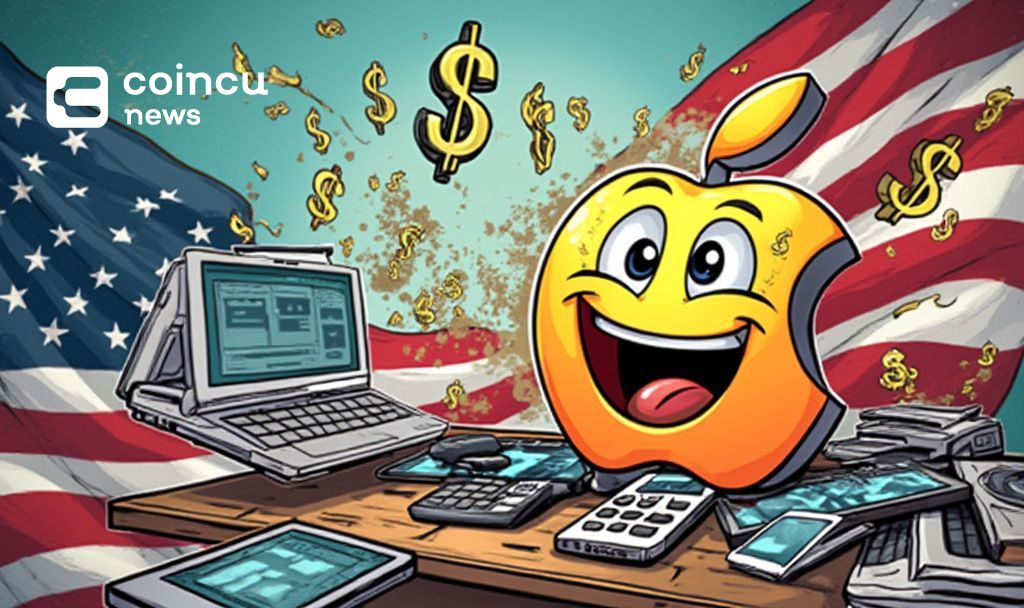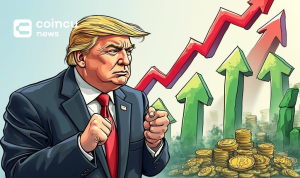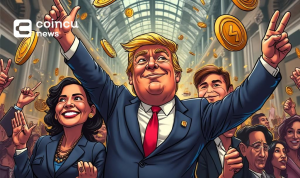- U.S. exempts electronics from tariffs, impacting consumer prices and tech firms.
- Expected price relief for American consumers in electronics sector.
- Amendments may ease international supply chain pressures on companies.

On April 11, the U.S. Customs and Border Protection announced it exempted certain electronic products from reciprocal tariffs, effective from April 5.
The tariff exemption aims to reduce costs for consumers and boost U.S. tech firms, in conjunction with policy shifts to cut reliance on Chinese manufacturing.
U.S. Tariff Exemption Spurs Electronics Market Growth
The U.S. Customs and Border Protection’s announcement exempts products such as smartphones, computers, and chips from reciprocal tariffs, impacting tariffs levied since April 5. This change follows Executive Order 14257, modifying tariff policies to address trade deficits and retaliatory practices.
This exemption allows importers to seek tariff refunds on eligible electronic products, potentially lowering prices for consumers. The strategic alteration may favor companies like Apple and Samsung, easing cost burdens amid ongoing global trade pressures.
Financial analyst Hussein Kubesy described the exemption as a “180-degree turn” in U.S. policy. Statements from government officials highlight a continued focus on reducing dependency on Chinese electronic manufacturing, aligning with broader economic goals.
Policy Shift Aims to Balance Trade and Innovation
Did you know? Exemptions like those under Section 232 during the Trump administration stimulated electronics sectors temporarily but led to long-term uncertainty in supply chains.
Historically, reciprocal tariff frameworks target trade imbalances and national security concerns. Adjustments have occasionally spurred short-term growth in targeted industries while unsettling supply chain dynamics.
Analysts project that reduced costs for critical electronics components may influence technological innovation and adoption, particularly within blockchain and AI sectors. The ongoing shift in trade policy aims to balance consumer relief with national economic security objectives.
Karoline Leavitt, White House Press Secretary, stated, “America cannot rely on China to manufacture critical technologies such as semiconductors, chips, smartphones, and laptops.”
























